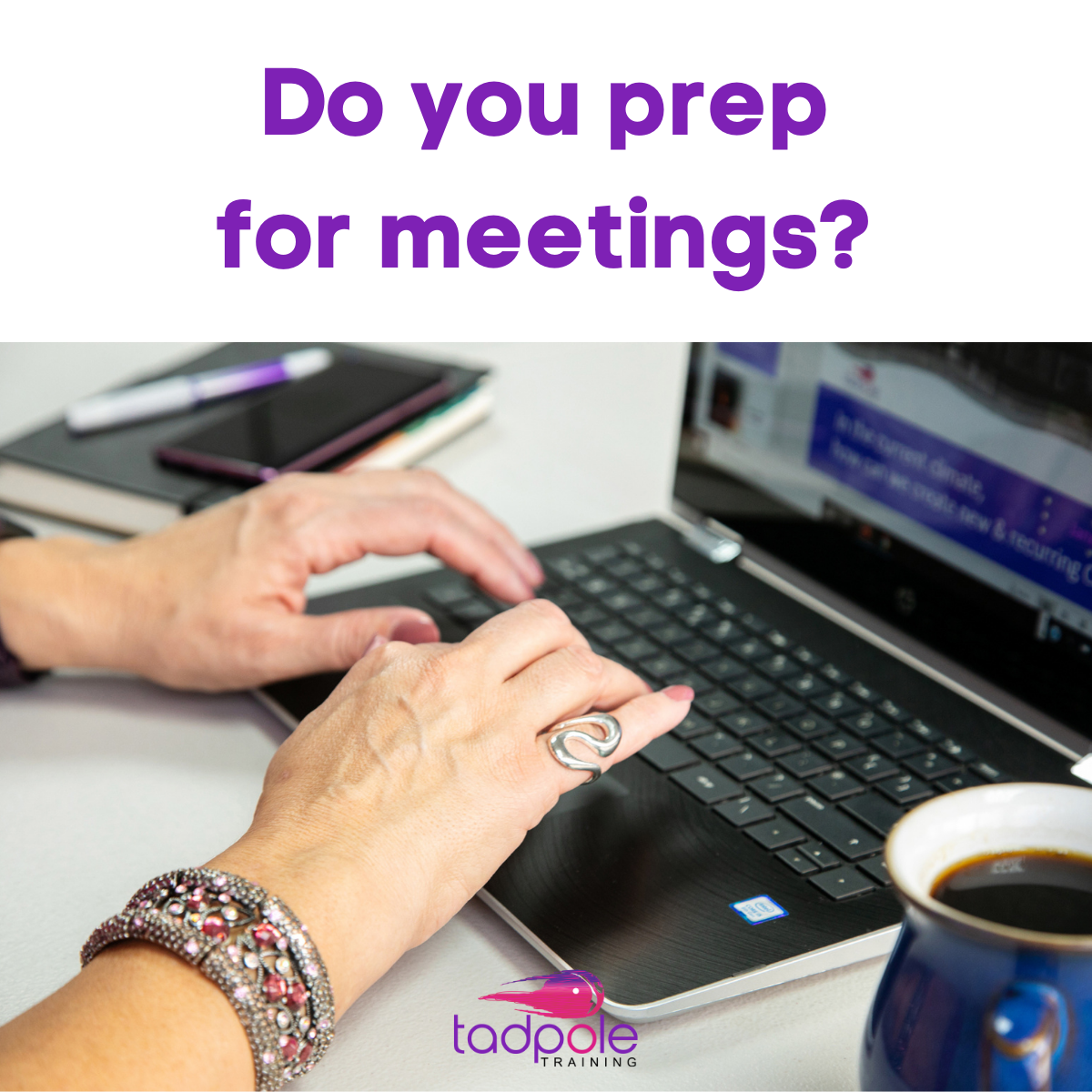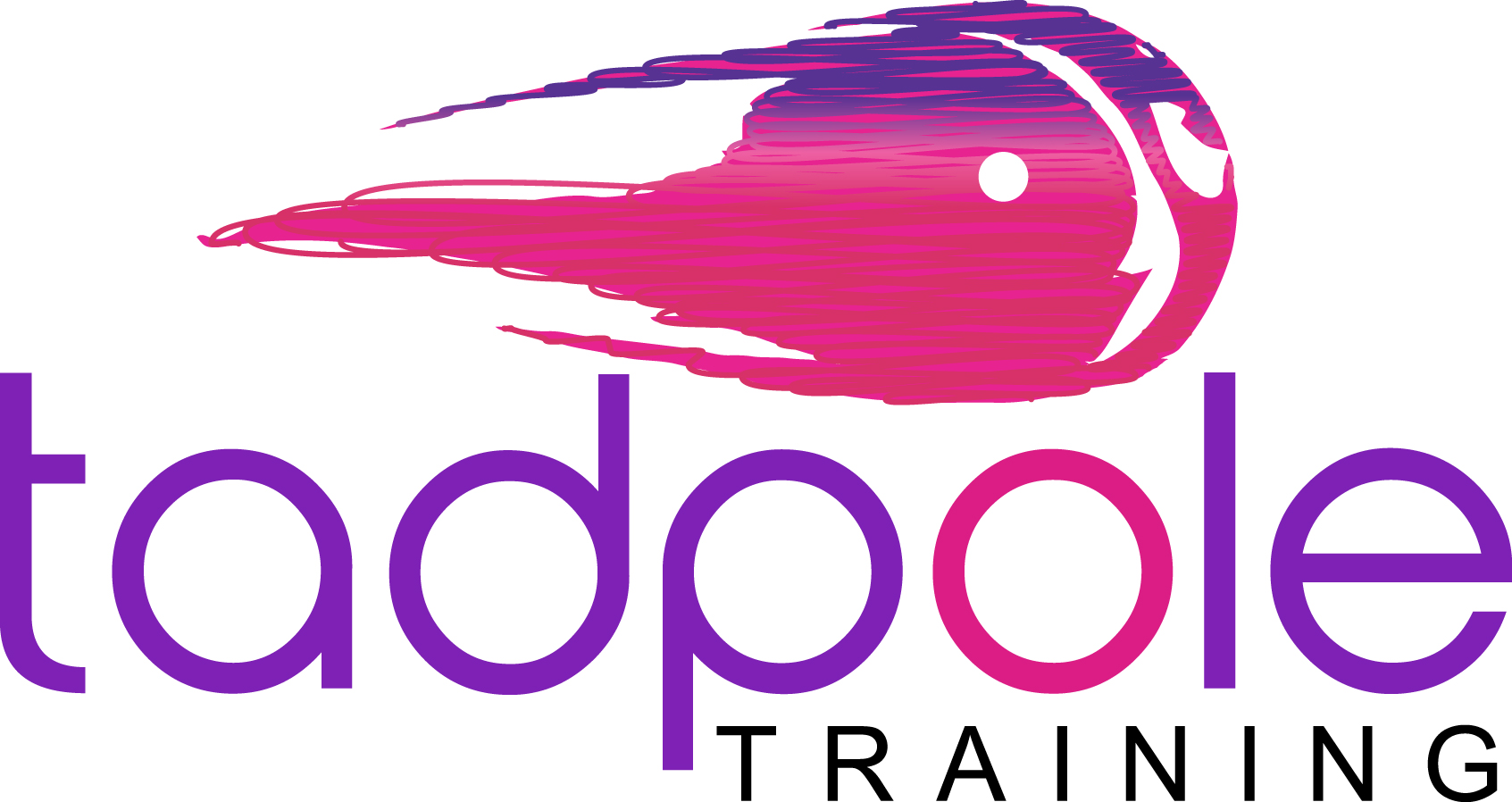
by Janet | Sep 6, 2022 | sales training
As a sales trainer I am often asked, what makes a great salesperson. People often say it is a skill that can be taught like any other, for example, riding a bike or learning to drive, but actually it is a bit more nuanced than just taking lots of lessons. Actually...

by Janet | May 28, 2022 | sales training
As a sales trainer, I often try and get people to shut up more, to win more sales. So do you know when to shut up? It matters a lot. Even among sign language speakers, studies show that typically we leave just a fraction of a second between taking turns to...

by Janet | May 19, 2022 | sales tips, Training
What terrible mistakes have you committed in sales? As a sales trainer and sales coach I see loads of sales mistakes, but it doesn’t mean I haven’t committed a few in my time! One of my worst was at Xerox. As a senior member of the team, I often had the...

by Janet | May 18, 2022 | sales tips, sales training
So you got the meeting….. now what? Do you turn up and hope for the best, or do you prep? Yesterday I was invited to a meeting with a potential new client regarding sales training and, as usual, I did some research first. There is a lot out there if you look: ?...

by Janet | Feb 23, 2021 | entrepreneurs, marketing, sales tips, sales training, Training
Have you heard that phrase before – “Don’t sell the sausage, sell the sizzle”? If you think about it, a sausage is just sliced up dead pig. Not very appealing is it? But when you start to think about the smell, the taste and the look of a...






